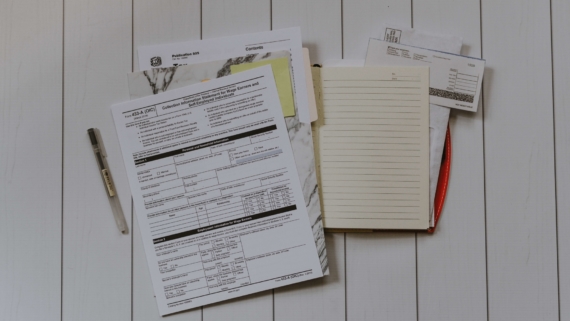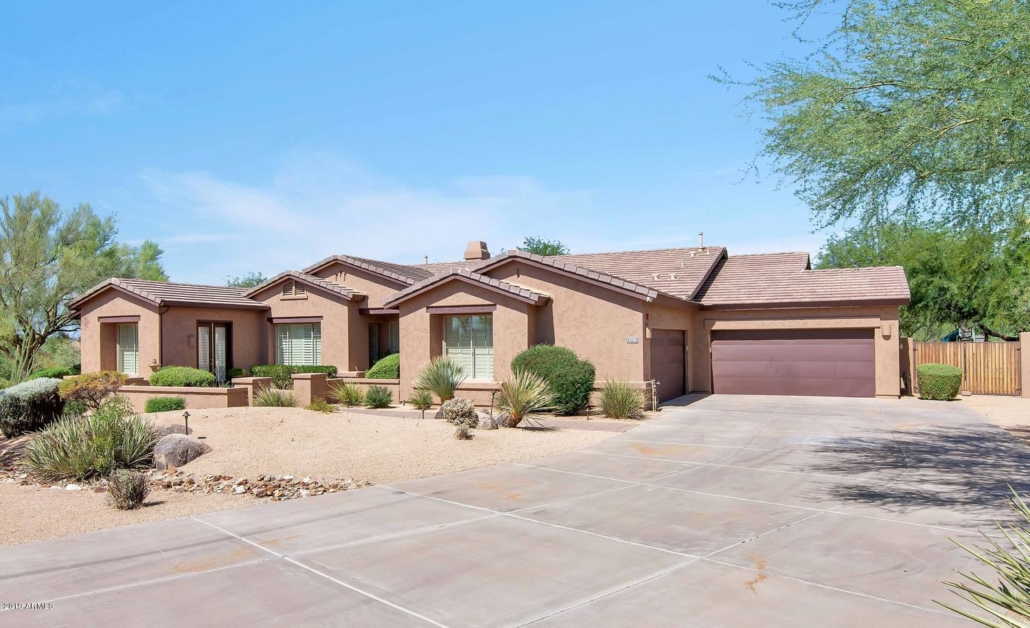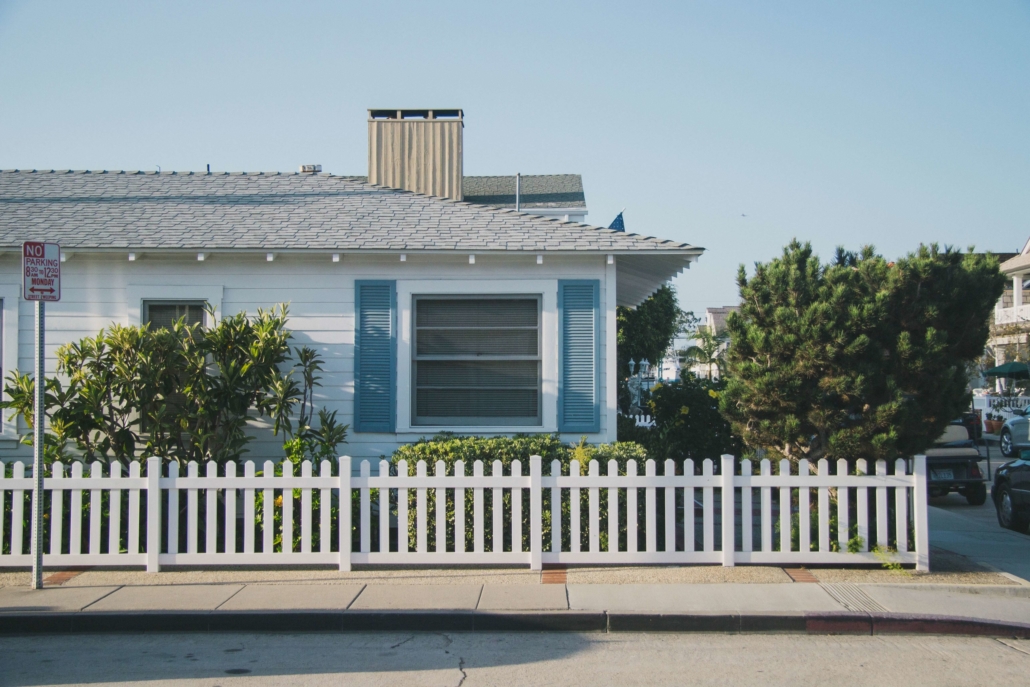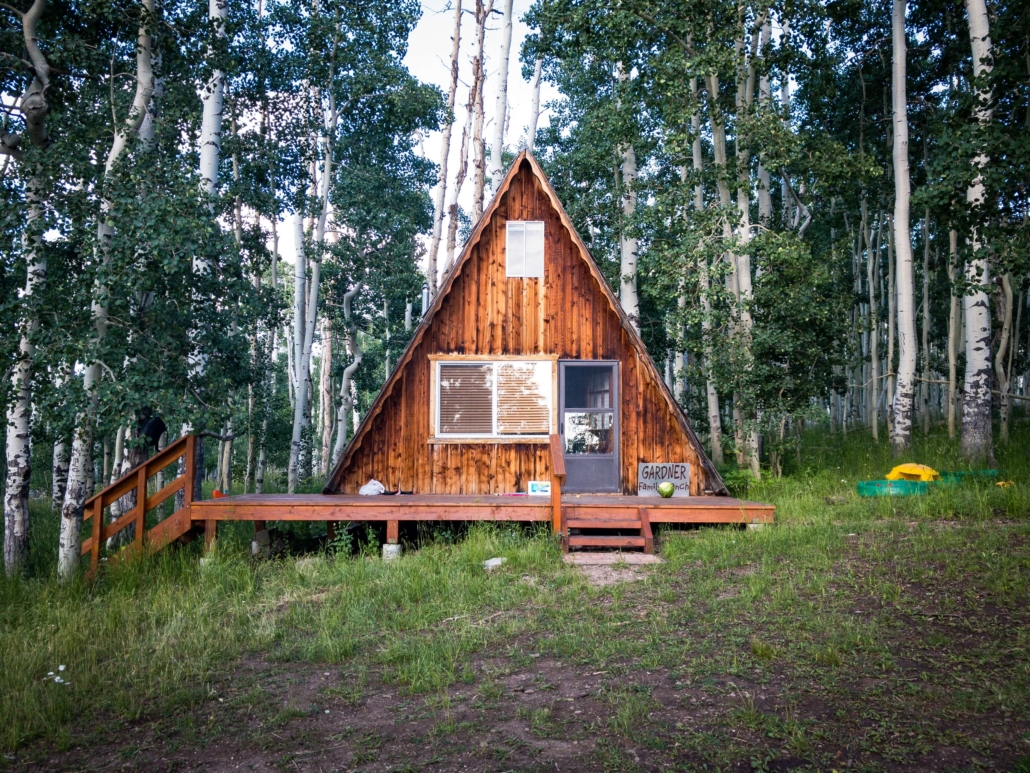5 Things to Know About 401K Real Estate Investing
“You need to save for retirement!” Most adults have heard this sentiment at least once. We know the importance of saving for retirement (and starting early). What a lot of people don’t know is that you can actually use a 401K retirement fund as a way to invest in real estate.
Wondering if you should take your retirement fund in a new direction? Here are 5 things to know about 401K real estate investing.
#1: 401K real estate investing itself is illegal.
We say “401K real estate investing” but you can’t actually use your 401K by itself to invest in a property. However, you can open a self-directed IRA and move the funds from your 401K to that IRA, tax-free. By this method, you’re taking existing 401K funds and still using them for real estate investing, just not from the 401K itself.
#2: 401K real estate investing can massively grow your retirement funds.
One of the biggest reasons people move forward with 401K real estate investing is, quite simply, to grow their retirement funds at a faster rate. Consider this:
In a regular 401K…
- Your max. contribution is $19,500 per year (as of 2020).
If you use a 401K to invest in a rental property…
- A property that generates $1,000 per month in rental income will lead you to an additional $12,000 per year that can go towards retirement.
Over time, investing with your 401K/self-directed IRA can substantially help you grow your retirement portfolio in ways that the max. contribution alone cannot. One thing to note: the income you generate from a rental property has to go back into your IRA. But hey, that leaves you with more funds for even more rental properties!
#3: When done correctly, you’ll pay little to no taxes.
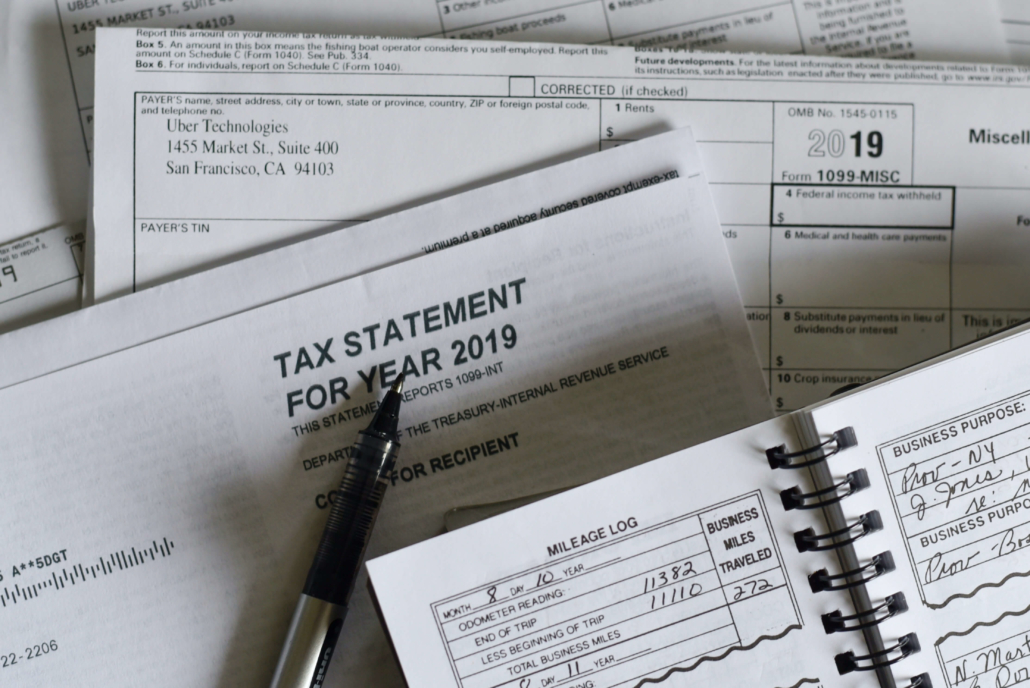
Another huge advantage to 401K real estate investing is that it’s extremely tax-friendly. You’ll need to find a self-directed IRA that allows real estate investing first, then you can move your 401K directly into that IRA without having to pay any taxes.
#4: You can borrow money based on how much is in your IRA.
As SFGate mentions, “While you cannot borrow against an IRA, you can usually borrow half of the value of your 401(k) account, up to $50,000. However, if you purchase real estate with funds outside of your 401(k), you no longer have any tax advantages attached to your purchases.”
Often, the specific type of loan used for these transactions is called a non-recourse loan. These loans have special rules (for example, you generally can’t use a non-recourse loan to flip a property, and you can’t use it for a property that’s a primary residence) so study up on them carefully.
#5: You can’t manage the rental property yourself.
The only way you’ll get the full tax advantages of 401K real estate investing is by hiring a property management company. You can’t be the one managing your rental property when it’s purchased using your 401K/self-directed IRA. This differs from traditional rental property investing, though you can still purchase a vacation rental property (it doesn’t just have to be for long-term tenants).
Similarly, you cannot live in a 401K/IRA property. You can’t vacation in it, and you also can’t pay for renovations or other sweat-equity. Again, do some thorough research on the rules beforehand (or hire a tax advisor) because you could otherwise miss out on tax breaks.
*Bonus* #6 You can find your next investment property here at RealtyHive.
RealtyHive connects highly motivated sellers and buyers through our time-limited events with properties for sale worldwide! Whether you’re looking for a gorgeous condo to turn into an Airbnb in Thailand or want to rent apartments or houses for families, you can find real estate potential here. Look through our listings today!


